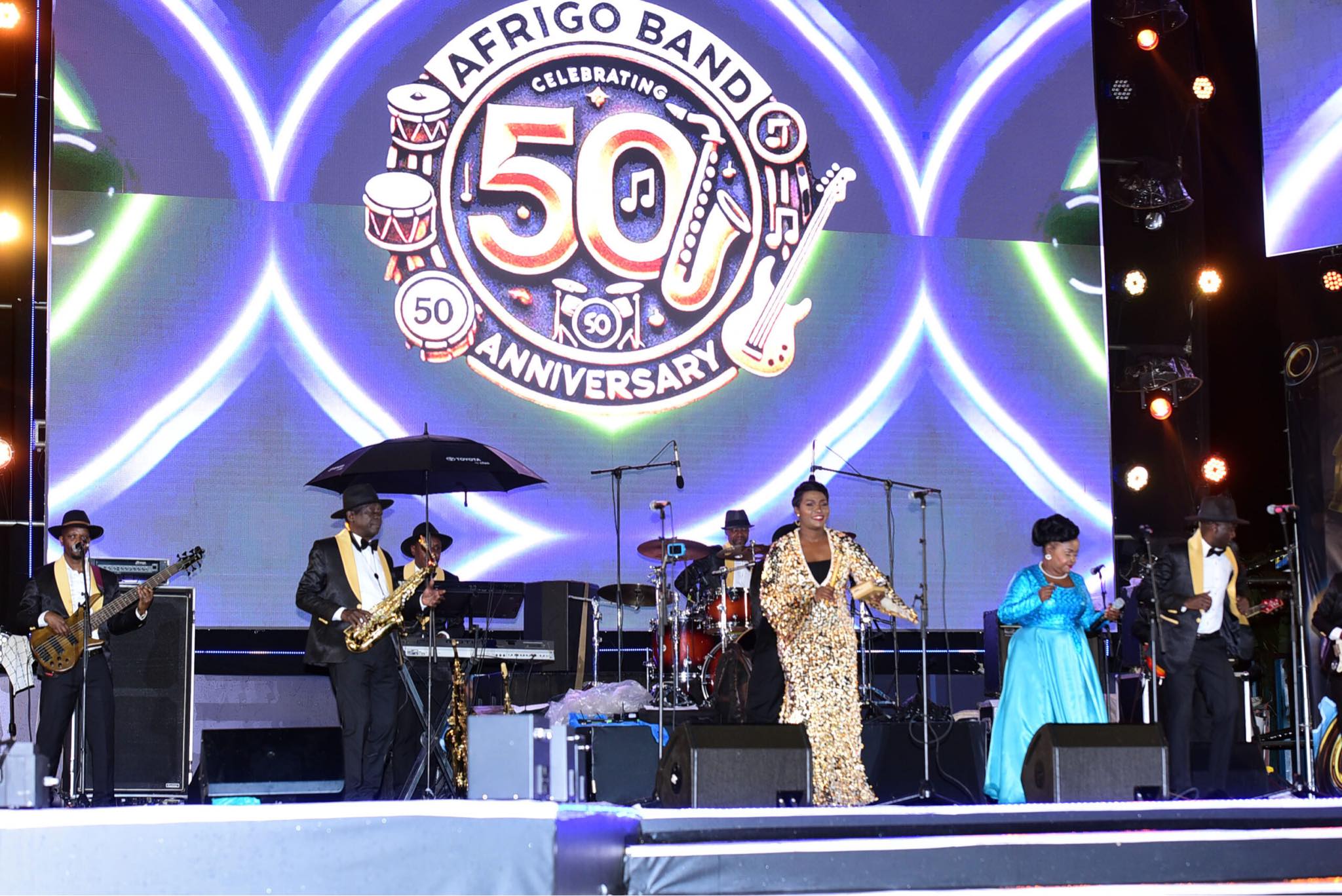If you are familiar with things Masaka, you have probably heard of Nabugabo Beach. A usually quiet beach on the shores of Lake Victoria. A place you would perhaps wish to sit, listen to water waves and reflect. I think one of the major Christian faiths in Uganda even owns a retreat center in the area.
But Nabugabo Beach becomes totally different on two days a year — Boxing Day and Easter Monday. The quietness is replaced with the exuberance of youth, the calmness of adulthood, the rowdiness of revelers, the sound of Uganda’s most powerful line arrays, and the tastiness of beverages in all colors and bottles.
It seems the whole of Masaka including those who migrated to Kampala to trade or work as professionals descends on Nabugabo Beach to celebrate either the birth of Jesus Christ or his resurrection.
Uganda’s leading musicians and whoever works in the entertainment value chain always put their mind to these days. It is a party like no other for those who can manage the crowd.
So, one day, as a teenager, my guardians I think thought that I needed to experience Nabugabo Beach. I don’t remember if it was Boxing Day or Easter Monday but they decided that I should not miss out. My guardians were strict people who never allowed us to go to such events. This time, they didn’t care. I still don’t know why but reflecting about it many years later, I think it was because of the main act — the legendary Afrigo Band.
We arrived at Nabugabo Beach around lunch hour and set our eyes on the stage. Two or so hours later, the MC announced that Afrigo Band was ready to perform. I fell in love with them. The guy on the keyboard, the guy on the drums, the guy on the saxophone. The guy who danced while wearing a waistcoat without a shirt. Great stuff that I remember to this day.
Over the years, I started following them a bit even though I wasn’t as much a fan as my elder brother, Tete, whose Friday evenings only meant Afrigo. And when I started living with him in Kampala during my late teens, I wished one day he would wake up and say dress up and we go to Crested Towers, Little Flowers or wherever Afrigo was performing but he was never as generous as my Masaka guardians!
Anyway, the other Saturday I didn’t need anyone’s invitation or permission to see them perform at their 50th anniversary at the expansive Millennium Grounds in Lugogo. The heavy downpour wanted to spoil the evening but it found us “looking.”
It is remarkable what Moses Matovu and his team have done. And for me it isn’t just their timeless songs. It is how they have kept it all together for all these years. We are on a continent where we are constantly reminded that businesses don’t even celebrate their fifth birthday. And here we have Afrigo Band. 50 years in the same business with the same name and perhaps ethos.
Although apart from Moses Matovu, all the other founders are long dead, the band still has people who have been part of it for more than 40 years. Drummist Herman Ssewanyana joined in 1983. Joanita Kawalya has been there since time immemorial. Becoming a Member of Parliament didn’t stop Rachel Magoola from singing Obangaina.
How do we evolve to keep people interested in what we are doing for 50 years? At many Afrigo’s shows, it isn’t only old people enjoying Endongo Ssemadongo. Young people come to enjoy songs on which their parents danced “squeeze” during their wedding ceremonies. Young people bring their dates to Afrigo’s shows. Young people hire Afrigo for their weddings.
I think it is because they have kept some standards and decided not to cut corners. I may be wrong but I have never heard that Afrigo announced a show and didn’t turn up like it is sometimes with some musicians. You don’t see their members in the press or on TikTok badmouthing their colleagues. Don’t the members have any differences? I think they do, after all they are human even when they enjoy legendary status, but they keep their differences under wraps. They have come to understand that what unites them and keeps them together is far more important.
As we celebrate 50 years of Afrigo, we need to learn a lot from them. Patience, sticking to the basics, doing what we said we would do and ensuring that we can always pass on the baton to the next generation.
The writer is a communication and visibility consultant. djjuuko@gmail.com










